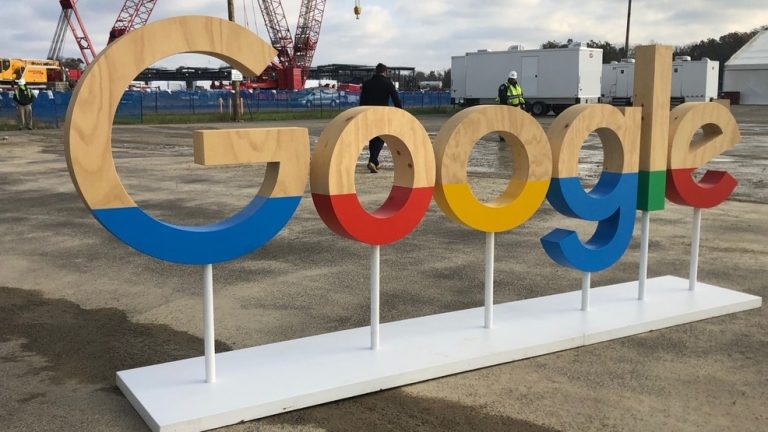
Google is seeking to dismiss the suit brought against it by the State of Ohio’s attorney general, who claimed the tech giant’s search engine service is a public utility.
The web search company said the popularity of its search service doesn’t in anyways equal a public utility.
“To claim, as Ohio does, that Google Search is a ‘public utility’ is to declare it a business that Ohio could acquire, construct, own or operate. But that is absurd,” Google said in its filing. “The State could not possibly undertake such a burden for countless reasons, not the least of which is that it has no business dictating the online information it wants people to see.”
Register for Tekedia Mini-MBA edition 18 (Sep 15 – Dec 6, 2025): registration continues.
Tekedia AI in Business Masterclass opens registrations.
Join Tekedia Capital Syndicate and co-invest in great global startups.
Register for Tekedia AI Lab: From Technical Design to Deployment.
In June, Ohio attorney general Dave Yost filed a landmark lawsuit asking the court to declare Google a public utility, reining in the ways the powerful search engine provides search results to the people of the State. The attorney general accuses Google of being anticompetitive, forcing Ohioans to use its products in the first of its kind case.
It is one of the many antitrust legal cases Google is battling. Yost said Google uses its dominance of internet search to steer Ohioans to Google’s own products, which is discriminatory and anti-competitive.
“When you own the railroad or the electric company or the cellphone tower, you have to treat everyone the same and give everybody access,” he said.
Google’s failure to treat everyone equally means its search function will be regulated like a public utility – the same as water, electricity, and transportation companies, according to Yost.
In its response on Friday, Google said the State’s request “has no more validity under the law than a request to declare Fox News, the New York Times, or Walmart a ‘public utility’ because most people in a particular town prefer to get their news or groceries from them instead of someone else.”
The search company added that its results were protected under First Amendment because they were editorial decisions. It said “the State cannot interfere with this protected expression, let alone try to control what Google must or must not include on its Results Page.”
Moreover, Google has argued that it cannot be classified under Ohio law as a “common carrier” since it doesn’t actually carry anything or anyone. Users’ data are moved by internet service providers.
“Google search is not shipping a commodity product, but constantly working to provide useful information in response to people’s unique queries,” the company said.
Antitrust campaign against the big tech has been upped recently, with watchdogs around the world dolling out targeted fines and penalties against big names in the tech industry, and it is expected to aggravate in the future.
In June, Lina Khan, a 32 year-old antitrust scholar and law professor was appointed as chair of the Federal Trade Commission, becoming the youngest person to occupy that position. Her appointment is driving uneasy feelings through the tech industry, as she has been, prior to her appointment, a big critic of the tech giants.
Facebook and Amazon had requested that Khan recuse herself from FTC’s antitrust investigations into their companies, on the argument that her past criticisms of them meant she “wouldn’t be a neutral or an impartial evaluator” of antitrust issues.
Khan believes that antitrust enforcement in the US has been lax for years, allowing the big tech to indulge in anticompetitive and monopolistic practices unchallenged. This has seen them record unprecedented growth in short periods of time, bullying and crippling smaller companies along the way. For instance, in 2020, Apple became the first American company to reach $2 trillion value. Amazon and Google crossed the $1 trillion milestone while Microsoft was valued at $1.6 trillion.
Khan’s appointment as the FTC chair means it will no longer be business as usual for the Silicon Valley big names. Already there has been uptick in both lawsuits and legislative moves against the tech giants, including the recent bill to break up the tech companies.




Google has a strong case, and it will win; what the attorney general is arguing doesn’t really make sense, other than for public spectacle and to keep misleading low information public.
Government already has excessive powers, both the ones given to it and those it captured itself; it remains the most sophisticated criminal enterprise anywhere.